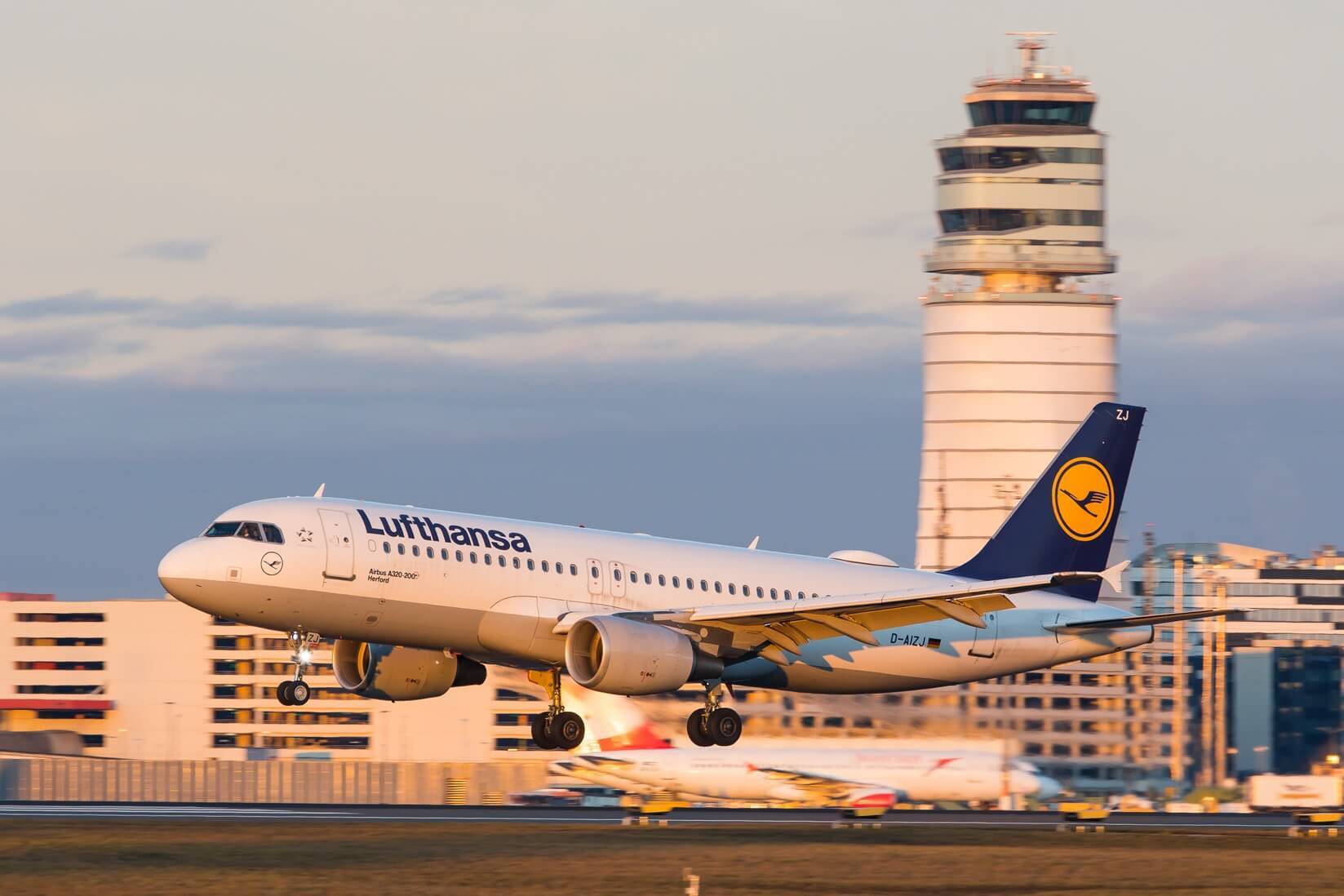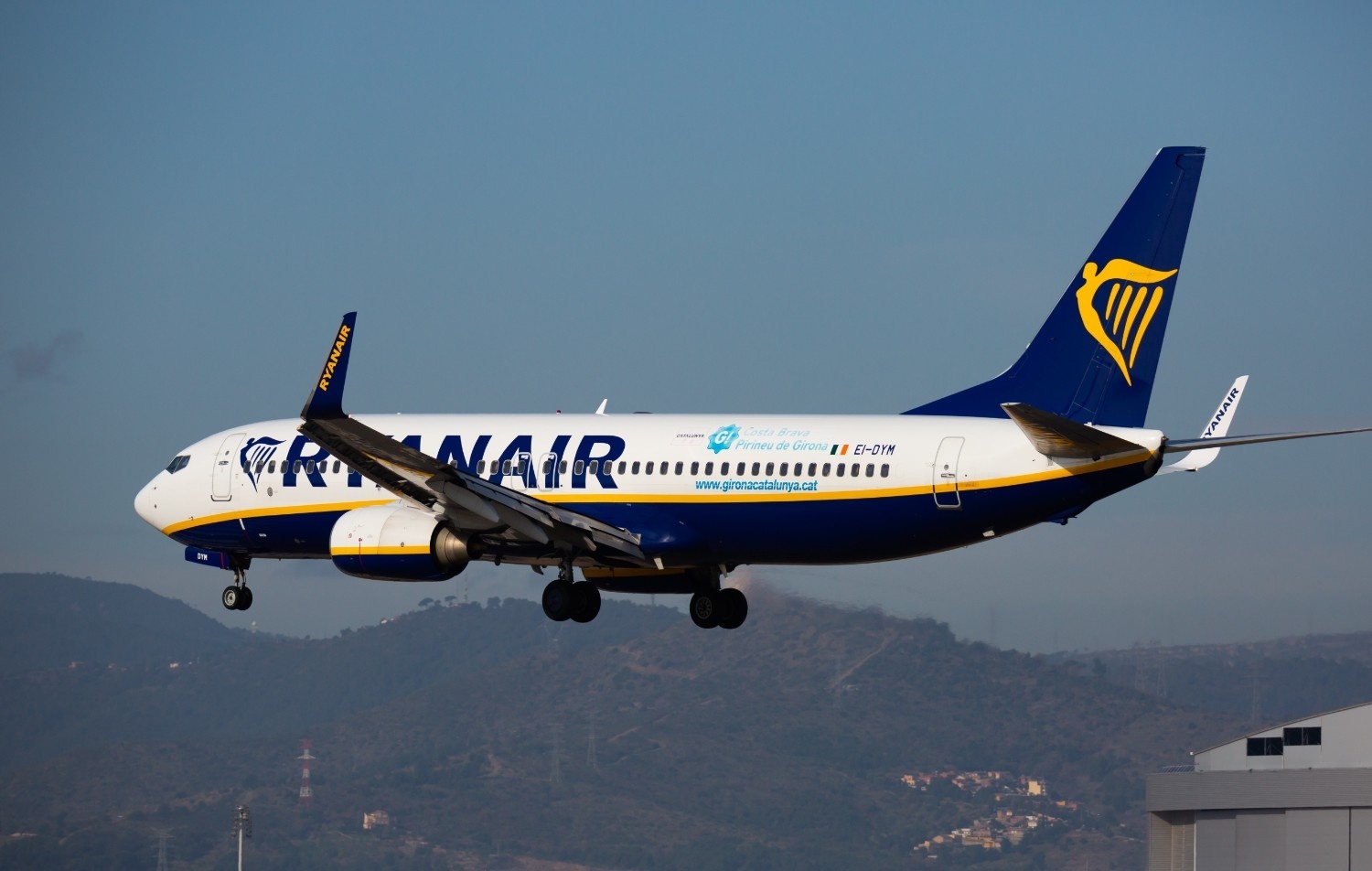German airport proposes passenger face scanning

In a groundbreaking move toward enhancing airport security and efficiency, a German airport is contemplating the adoption of face-scanning technology for all passengers. This innovative approach, if implemented successfully, could revolutionize the air travel experience, providing a seamless and secure journey for travelers passing through the airport.
A glimpse into the future
The prospect of face-scanning technology becoming a standard part of the passenger experience at airports raises eyebrows and sparks curiosity about the future of air travel. Frankfurt-Hahn Airport in Germany is exploring the possibility of making facial recognition a ubiquitous feature, aiming to streamline processes while maintaining a strong focus on security.
Efficiency and security integration
The integration of face-scanning technology is not just about expediting passenger flow through the airport; it's a comprehensive strategy that seeks to harmonize efficiency with security measures. By leveraging facial recognition, Frankfurt-Hahn Airport envisions a more fluid and expedited journey for passengers, reducing queues and wait times while bolstering the overall security apparatus.
Facial recognition - Balancing convenience and privacy
While the potential benefits of facial recognition are evident, concerns about privacy naturally arise. Striking the right balance between the convenience offered by face-scanning technology and safeguarding passengers' privacy is a crucial aspect of this proposed innovation. As airports explore these technological frontiers, they must prioritize transparent communication and robust safeguards to address any privacy apprehensions among travelers.
The vision - A seamless passenger journey
The adoption of face-scanning technology aligns with the broader vision of creating a seamless passenger journey from check-in to boarding. Imagine arriving at the airport, walking through security and boarding gates without the need for physical documents – just a quick, secure scan of your face. If successfully implemented, this technology could mark a significant shift in the way we experience air travel.
Potential challenges and solutions
Despite the promising nature of facial recognition, there are challenges that must be navigated. Technical glitches, concerns about accuracy, and the potential for system misuse are aspects that demand careful consideration. However, with advancements in artificial intelligence and stringent oversight, these challenges can be addressed, ensuring a reliable and secure system that passengers can trust.
The human touch in a digital landscape
In the pursuit of technological innovation, it's essential not to lose sight of the human touch. While face-scanning technology aims to enhance efficiency, the importance of human interaction and customer service should not be overshadowed. Airports must strike a delicate balance, ensuring that the integration of technology complements, rather than replaces, the personalized assistance and care that passengers may require during their journey.
Global implications and industry trends
If Frankfurt-Hahn Airport successfully pioneers the widespread use of face-scanning technology, it could set a precedent for other airports globally. The aviation industry, constantly evolving, tends to adopt successful innovations quickly. The global implications of such a move extend beyond individual airports, potentially reshaping industry standards and elevating the overall air travel experience.
Addressing concerns and building trust
For any technological advancement to gain widespread acceptance, addressing concerns and building trust are paramount. Frankfurt-Hahn Airport and other potential adopters must engage in transparent communication, educating passengers about the benefits and safeguards of facial recognition. Proactive measures to ensure data security and privacy protection will be key in fostering trust among travelers.
Looking ahead - The evolution of air travel
As we stand on the brink of potential changes to the very fabric of air travel, it's evident that technological innovations like face-scanning technology are ushering in a new era. The focus is not just on getting from point A to B but on redefining and optimizing every step of the journey. The adoption of facial recognition at airports signals a broader transformation, embracing technology to create a more connected, secure, and efficient air travel experience for passengers worldwide.
In the coming years, the aviation industry will likely witness a shift towards increasingly digitized processes. However, amidst the technological leaps, the essence of human-centric travel must not be forgotten, ensuring that innovation enhances rather than detracts from the joy and excitement of exploring the world.
Latest posts
Flight delays and cancellations in July 2025
Check which flights were delayed in July 2025 – you may still be entitled to claim up to 600 € in compensation.
Flight cancellations and delays in March 2024
Check which flights were delayed in March 2024 – you may still be entitled to claim up to 600 € in compensation.
Flight cancellations and delays in February 2024
Check which flights were delayed in February 2024 – you may still be entitled to claim up to 600 € in compensation.












